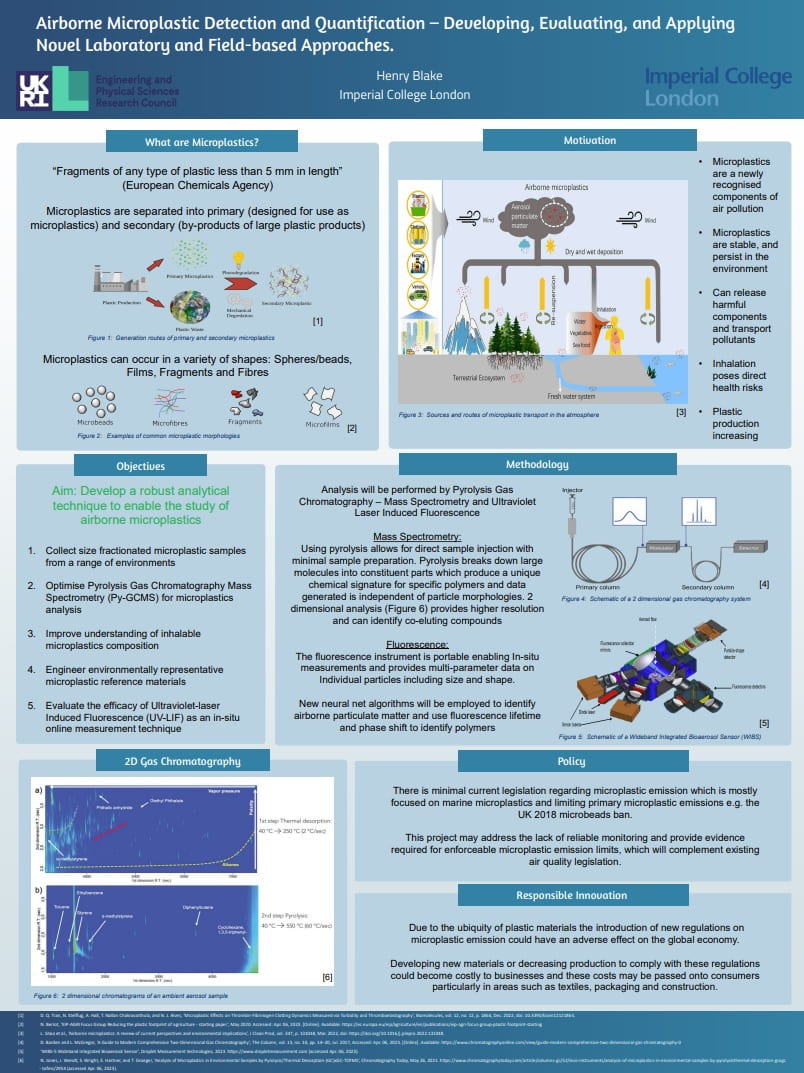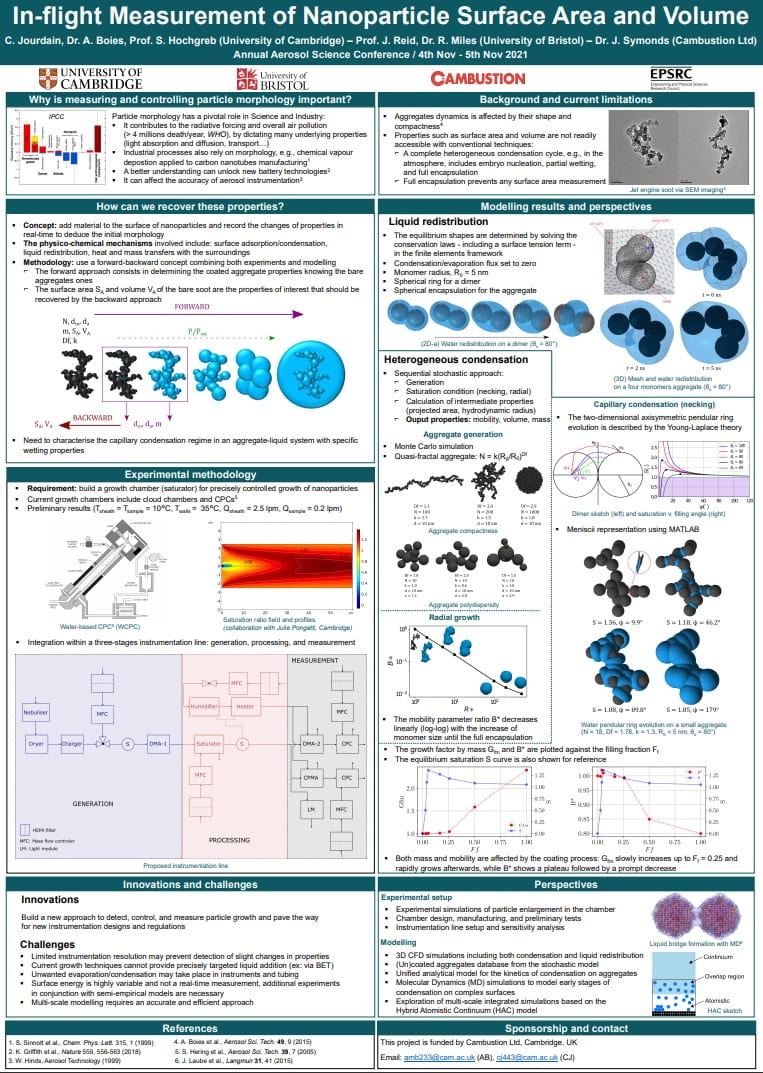Measurements and Models
Aerosol science can only advance as quickly as new measurement tools and model methodologies are developed. CDT projects are developing new optical based approaches to detect cloud droplets and biological aerosols using machine learning. New tools are also under development for identifying airborne microplastics and characterising exhaled aerosol, and for inferring particle shape and charge. Modelling approaches are being developed to treat aerosol in turbulent flows and improved aerosol filtration.
New methods for quantifying airborne microplastics
Microplastics are seen as an important environmental pollutant and airborne particulates from tyre wear are of increasing interest in air quality. However, accurately identifying and apportioning the influence of these in urban atmospheres is challenging because they cannot be analysed using conventional atmospheric aerosol chemical analysis techniques. This project will develop the capability of the newly-acquired pyrolysis-gas chromatography facility at the University of Manchester, incorporating a Xevo G2-XS QTOF tandem mass spectrometer, for the purposes of atmospheric tyre wear analysis, with the objective of quantifying its influence on air and water pollution.
PhD student: Rune Tage Kragsberger
Cohort: 6
Lead supervisors: Dr Soheil Zeraati Rezaei
Institution: University of Birmingham
Novel approach for airborne environmental DNA collection and integrated sample preparation
The project aims to develop a method for capturing and studying airDNA with potential applications in defence, security, health, and agriculture. Using a combination of electrostatic precipitation and digital microfluidics will allow for collection and concentration of airborne DNA, offering high efficiency, low energy consumption, and versatility with particle sizes. The proposed methodology will involve a two-step process capturing airDNA with electrostatic precipitation and using digital microfluidics to recover and concentrate the material. The approach will be tested with various particles in controlled environments, providing insights into the environment’s biological composition, aiding disease detection in agriculture.
PhD student: Tanojit Paul
Cohort: 6
Lead supervisors: Dr Loic Coudron
Institution: University of Hertfordshire
This project is an industry funded studentship supported by APHA
Traceable characterisation of a novel ultrafine aerosol source for improved instrument calibration
Rapid, multi-source calibration of aerosol instruments with traceable sizes below 80 nm down to sub-10 nm is currently not possible in the UK. This project aims to build on the commercial Silver Particle Generator from Catalytic Instruments and develop it into a multi-source Solid Particle Generator. This new instrument will be incorporated into a new calibration facility at NPL. This novel calibration facility ensures meeting the challenging mandates of future air quality directives and emissions regulations.
PhD student: Moses Njeru
Cohort: 6
Lead supervisors: Dr Paul Williams and Dr James Allan
Institution: University of Manchester
This project is an industry funded studentship supported by Catalytic Instruments and NPL
Novel technologies in aerosol sensing for air quality assessment
Aerosols – or airborne particles of solid or liquid contaminants measuring around 10 microns in diameter – are already known to play a major role in outdoor and indoor air quality. Numerous studies have linked airborne particulate matter to negative health outcomes ranging from cognitive performance to chronic respiratory conditions. Although inexpensive sensors for aerosolized pollutants already exist, these tend to be indiscriminate: they will respond to all forms of particulates, including harmless ones. The purpose of this project is to explore and develop sensing strategies that can enhance existing technologies by providing an indication of aerosol type.
PhD student: Daniel Draycott
Cohort: 6
Lead supervisors: Dr David M. Birch
Institution: University of Surrey
This project is an industry funded studentship supported by Surrey Sensors Ltd.
Development of a Novel Single Droplet Mass Spectrometry Approach to Investigate Interfacial Photochemistry in Aerosol Droplets
Chemistry at the aerosol-air interface may be fundamentally different to that occurring in the bulk. However, vanishingly few approaches can measure chemical composition at the aerosol-air interface. This project will involve the development of a completely novel approach to study directly the chemical composition at the aerosol-air interface. The student will gain experience with single droplet levitation approaches, mass spectrometry, and the effects of electric fields on liquid droplets.
PhD student: Nathan Croll Dawes
Cohort: 5
Lead supervisors: Dr Bryan Bzdek & Dr Jim Walker
Institution: University of Bristol
HYDRA – Hydrogels for aerosol capture
Viruses and bacteria have evolved to become adept at invading, and remaining viable inside, natural hydrogels like mucus; suggesting hydrogels possess an innate ability to sustain the viability of a bioaerosol sample. This project will combine aerosol science, engineering and polymer chemistry to develop aerosol capture devices with soft hydrogel components. Engineering new synthetic hydrogel materials with tuneable physicochemical properties could transform our capability to protect a collected bioaerosol sample and optimise recovery of viable pathogens for identification of airborne pathogens. Experimental testing will utilise simulants and explore capture and recovery of foot-and-mouth virus from aerosols produced by infected livestock.
Michael Cook will be based at the UCL School of Pharmacy and it is anticipated that the student will have opportunity to work between UCL and UH.
PhD student: James Summers
Cohort: 5
Lead supervisors: Dr Michael Cook, Dr Loic Coudron, Dr Ian Johnston and Prof. Darragh Murnane
Institution: University of Hertfordshire
Improving Aerosol and Spray Process Computational Fluid Dynamics Models with Machine Learning Approaches
CFD models of aerosols and sprays play a crucial role in optimizing spray dryers for various productions. These models often incorporate particle-scale drying processes to simulate the dynamics and solidification of droplets within the flow. However, integrating complex droplet drying models into CFD simulations, especially when multiple particles are involved, poses challenges due to the significant computational time needed to solve partial differential equations (PDEs) under various conditions. Physics-Informed Neural Networks (PINNs) offer a promising solution by accelerating the resolution of PDEs. Additionally, their ability to solve inverse problems aids in determining parameters from experimental data. This project aims to investigate how PINNs can improve design optimization for spray dryers and enhance manufacturing processes.
PhD student: Oscar Zhang
Cohort: 5
Lead supervisors: Prof. Andrew Bayly, Prof. Peter Jimack, Dr Joseph Ghaffari Motlagh
Institution: University of Leeds
Combining state of the art real-time multi-technique optoelectronic bioaerosol spectrometry with neural network algorithms to discriminate, monitor and model different biological aerosol emissions from agriculture
This studentship will combine state of the art real-time single particle integrated optoelectronic bio-aerosol and dust-aerosol spectrometry techniques with neural network data analysis and micrometeorological flux measurement techniques, augmented by laboratory wind tunnel studies, and UK Met Office dispersion models to transform our understanding and quantification of bioaerosol emission fluxes from different agricultural landscapes under different atmospheric conditions and agricultural applications. Using the same flux techniques, spray pesticide dispersion cloud properties and deposition efficiencies may also be monitored over and within agricultural canopies using high speed liquid droplet spectrometers and turbulence sensors. 3D plume mapping techniques using drone based aerosol measurements will also be investigated for inverse emission flux model studies to improve emission quantification.
PhD student: Zhuo Chen
Cohort: 5
Lead supervisor: Prof Martin Gallagher
Institution: The University of Manchester
Radioactive Aerosols in Wall-bounded Turbulent Flow
Nuclear energy production is set to expand as one of the means for reliable energy output, as we curb CO2 emissions. This project employs advanced mathematical and computational models to develop an understanding of the complex interaction of radioactive aerosols, as these are transported and deposit in ventilation systems.
PhD student: Gregory Marsden
Cohort: 4
Lead supervisor: Alberto Gambaruto
Institution: University of Bristol
This project is an industry funded studentship supported by National Nuclear Laboratory.
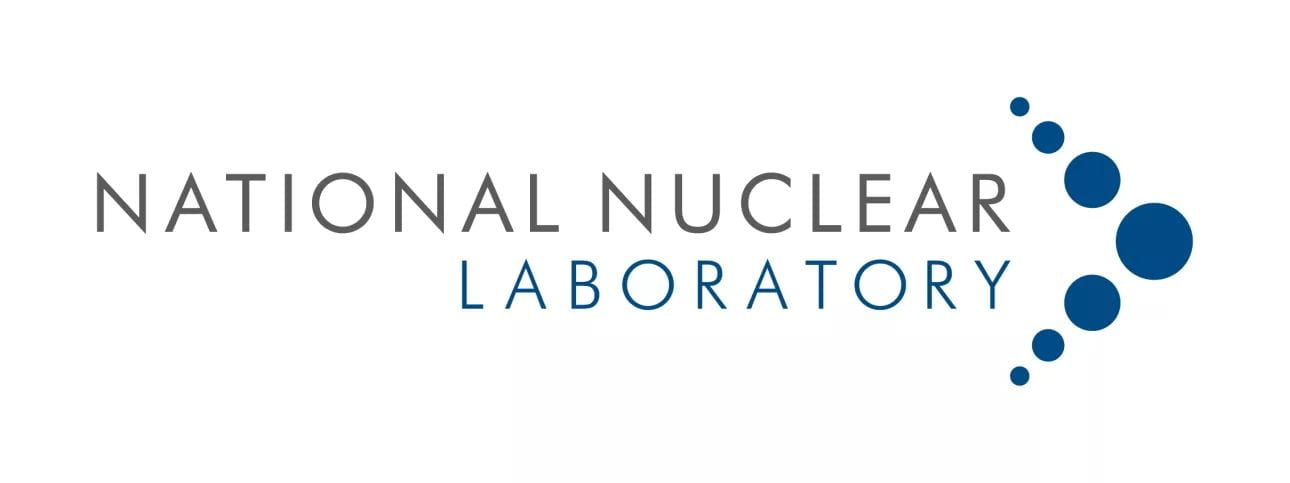
Digital Microfluidic Lab-on-a-chip for multiplex detection of biomarkers in exhaled breath
Exhaled aerosols contain precious information on lung health, which could inform diagnosis and therapies and help saving lives. This project will combine emerging microfluidic and lab-on-a-chip technologies to create a portable and fully automated Lab-on-a-chip for detection of multiple disease biomarkers in exhaled aerosols.
PhD student: Daisy Ann Young
Cohort: 4
Lead supervisors: Dr Loic Coudron, Dr Laura Urbano and Dr Ian Johnston
Institution: University of Hertfordshire
Airborne microplastic detection and quantification – developing, evaluating, and applying novel laboratory and field-based approaches
Microplastic particles are emitted from a range of sources but remain a poorly understood fraction of airborne particulate matter, with potential health impacts. This project will use cutting-edge laboratory and online analytical techniques to identify chemical and optical markers in different environments and better understand microplastic emissions.
PhD student: Henry Blake
Cohort: 4
Lead supervisor: Dr Stephanie Wright
Institution: Imperial College London
This project is an industry funded studentship supported by LECO Corporation.

Developing and deploying new sensors for in-situ monitoring of clouds
Clouds form a crucial component of the Earth system, reflecting large amounts of incoming sunlight back into space. Low-cost sensors are needed to allow long-term monitoring of climatically relevant cloud properties, but to-date no such sensor exists. This project will develop and test new sensors for cloud monitoring.
PhD student: Charlie Stainton-Bygrave
Cohort: 4
Lead supervisor: Dr Jonathan Crosier
Institution: The University of Manchester
Airborne particle collection into single droplets to analyse and identify harmful aerosol constituents
Aerosols are a primary mechanism for spreading harmful particles and diseases. It is crucial to improve the speed and accuracy of detection by concentrating the material during collection. This project aims to achieve this by investigating techniques for collecting aerosols directly into droplets using prototyping, experimental and modelling approaches.
PhD student: Priya Chopra
Cohort: 3
Lead supervisors: Dr Ian Johnston and Dr Loic Coudron
Institution: University of Hertfordshire
Improving Evaporative Light Scattering detector performance using experiments and modelling
Evaporative Light Scattering detectors are used with high performance liquid chromatography by collecting light scattered by droplets formed from separate analytes. The project will combine experiments with modelling and simulations for the nebulisation and evaporation process to allow the sensitivity of the detector to be improved.
PhD student: Frederick Bertani
Cohort: 2
Lead supervisor: Prof Simone Hochgreb
Institution: University of Cambridge
This project is an industry funded studentship supported by Agilent Technologies.
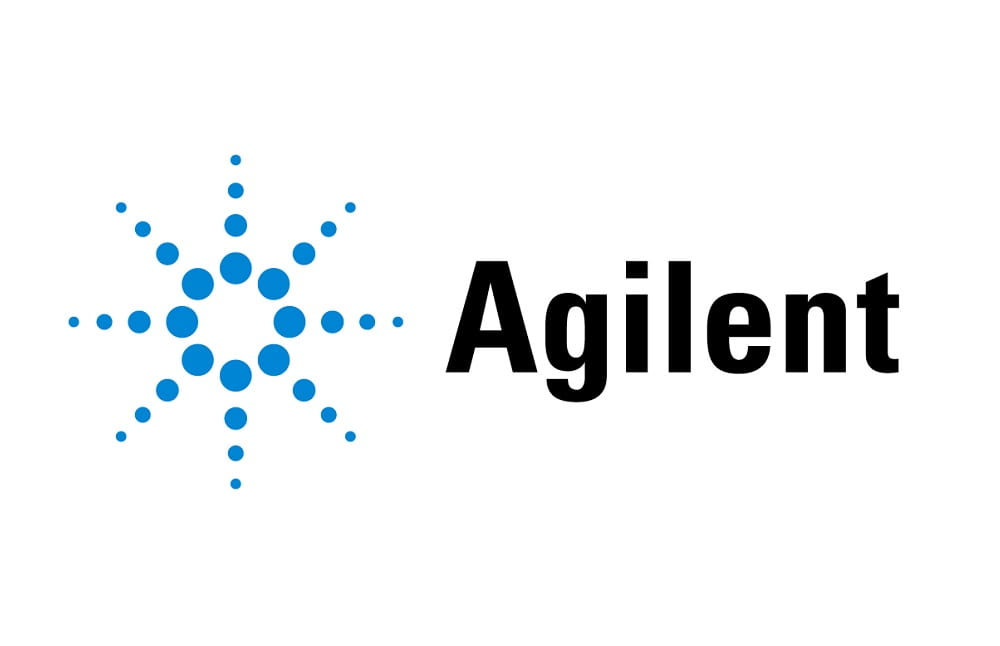
Low-cost sensing of ultrafine aerosols: Sensor development and integration for first and second moment measurements
Sub-micron particulates are important pollutants, but difficult to measure with inexpensive methods. This project will use and further develop two low-cost sensors developed by the group to measure total particle area (nd2) or total particle length (nd) and thus diameter (d) in the atmosphere.
PhD student: Joshua Hassim
Cohort: 2
Lead supervisor: Prof Simone Hochgreb
Institution: University of Cambridge
This project is an industry funded studentship supported by Cambustion.
Modelling the impact of soot fractal aggregate structures on the aerodynamic and mobility diameters of particles in the transition regime
The ageing process, i.e. soot maturing in the atmosphere, usually involves partial or total coating by water or organic compounds. This added material drastically changes the radiative transfer to/from the in-flight particles and their overall morphology and dynamics.
PhD student: Cyprien Jourdain
Cohort: 2
Lead supervisor: Dr Adam Boies
Institution: University of Cambridge
Smart filtration of aerosols in ventilation systems
Aerosols in ventilation systems of energy efficient buildings affect indoor air quality. The experimental and computational project examines the influence of flow speed, level of turbulence and aerosol size on aerosol tendency to concentrate and deposit in typical ventilation ducts. Findings will guide active and passive control for efficient filtering.
PhD student: George Downing
Cohort: 2
Lead supervisor: Prof Yannis Hardalupas
Institution: Imperial College London
Dynamic Surface Properties of Atmospheric Aerosol and Resulting Climate Impacts
The surface tension of atmospheric aerosols impacts their ability to serve as cloud droplet seeds and affect climate. This project will develop approaches to measure droplet surface tensions and better resolve dynamics at the particle surface, working closely with modellers.
PhD student: Josh Harrison
Cohort: 1
Supervisors: Dr Bryan Bzdek (Bristol) and Dr Matthew Watson (Bristol)
Institution: University of Bristol
Investigating the charge states of ambient and indoor aerosols
Conveying and generation of powders can lead to very high levels of charge on particles, affecting their transport agglomeration and ultimate removal from the environment. Through modelling and experiments this project seeks to optimize collection of particles in filtration processes accounting for and manipulating electrostatic charge.
PhD student: Peter Knapp
Cohort: 1
Supervisors: Dr Marc Stettler (Imperial), Dr Adam Boies (Cambridge) and Prof. Jonathan Reid (Bristol)
Institution: Imperial College London
This project is an industry funded studentship supported by Dyson.

Building flexible biological particle detection algorithms for traditional and emerging real-time instrumentation
Whilst the importance of biological particles in the environment, human health and as a potential security threat is known, development of robust detection technologies remains a challenge. This project will apply and evaluate a range of machine learning techniques to to convert multidimensional signatures from new and emerging detection techniques into distinct PBA types.
PhD student: Maxamilian Moss
Cohort: 1
Supervisors: Dr David Topping (Manchester) and Dr Chris Stopford (Hertfordshire)
Institution: The University of Manchester
This project is an industry funded studentship supported by Droplet Measurement Technologies.
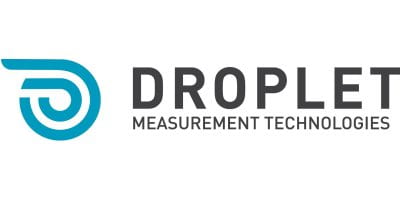

EPSRC CDT in Aerosol Science
University of Bristol
School of Chemistry
Cantock’s Close
Bristol, BS8 1TS
aerosol-science@bristol.ac.uk
Partner Newsletter
Sign up to receive monthly news and updates from the CDT in Aerosol Science, as well as events, training and research webinars.









